Greece calls for €150-200 price cap on natural gas
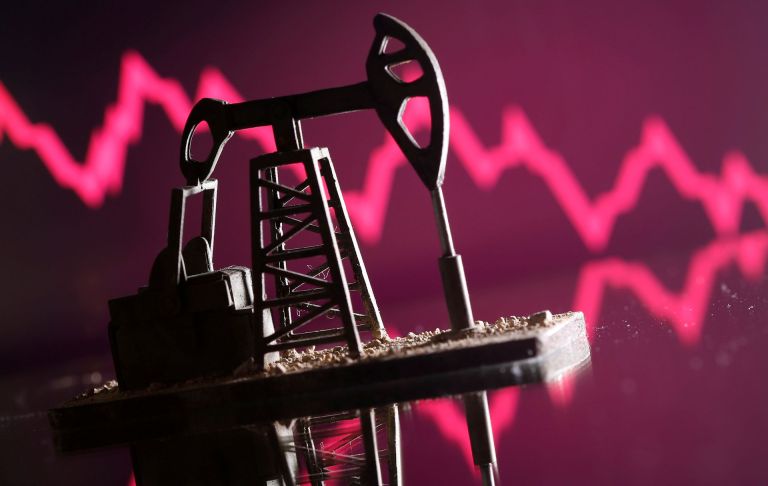
Πηγή Φωτογραφίας: Αρχείου
Greece has said that the ideal price cap on natural gas is €150-200, much lower than the €275 being called for.
“A cap at €275 is not in essence a cap,” Environment and Energy Minister Kostas Skrekas said on Thursday upon his arrival at the Council of Ministers meeting in Brussels, pointing out that a ceiling between “150 euros and 200 euros is a realistic ceiling.”
Skrekas added that “the energy crisis is shocking. For households and businesses. That’s why we have to do something. We cannot stand by and do nothing. Soaring prices threaten European households and businesses.”
“We waste valuable time without results. We need to protect European households and Europe’s credibility and that is what we will try to do in today’s Council,” he added.
Asked what the Commission should have proposed, the Minister of Environment and Energy noted that “a corrective mechanism must be more realistic, because even in August, when we suffered from the skyrocketing natural gas prices, this corrective mechanism could not be applied.”
“Surely it must be different and reasonable. It must be the one that will help us lower gas prices. Because right now this is a big issue. The big issue Europe has is that we buy the most expensive natural gas in the world,” the minister continued.
“We have to react as soon as possible. We can’t keep wasting time,” said Skrekas, adding that “the solidarity mechanism must go together and be connected with the corrective mechanism.”
A European Commission proposal to set a cap on the price of imported natural gas was supposed to calm demands for action to rein in high prices — instead, it’s set off a political crisis.
The Commission put forward the proposal earlier this week after coming under fierce pressure from a group of 15 countries, but now they’re dismayed that the cap is set at such a high price that it’s toothless and wouldn’t even have been triggered during this summer’s record prices.
Also livid are a group of countries, which wanted nothing to do with a cap — fearing it would disrupt the market.
That anger will come to a head Thursday, during a summit of EU energy ministers.
The meeting is supposed to reach an agreement on an emergency package that’s mainly focused on bringing down energy prices next year, including through joint gas purchasing and the creation of a new benchmark for liquefied natural gas — but that could be derailed by the fight over the gas price cap.
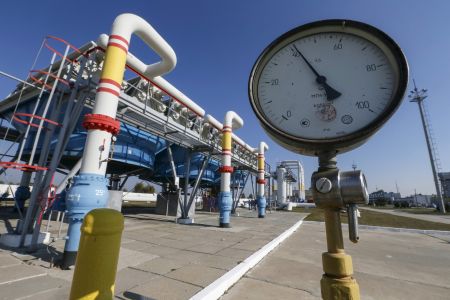
A group of countries is looking to form a blocking alliance unless both the package and the price cap are dealt with together, three diplomats said. However, the diplomats differ on whether the grouping is nine countries strong — enough to block — or only seven.
If there is no progress, the Czech Republic, which is currently leading the rotating Council of the EU presidency, may call another extraordinary Energy Council in mid-December to further discuss these issues, two diplomats said, Politico reported.
For months, the idea of a price cap has divided countries. It’s backed by a group that includes Belgium, Poland, Greece and Italy, while a bloc that includes Germany, Austria, Denmark and the Netherlands fears it could scare supplies away.
The “market correction mechanism” proposed by the EU executive made no one happy.
It would set a limit on month-ahead wholesale gas prices at €275 per megawatt-hour — though this would only be triggered if prices remained above that level for two weeks and were more than €58 per MWh higher than liquefied natural gas prices on the global market for 10 days.
Pro-price-cap capitals complain that even if there were a repeat of the record highs in wholesale gas prices seen in late August — where futures briefly traded at €350 per MWh — this would not meet the high bar for activating the Commission’s cap.
Gas futures on the Dutch TTF hub, the European benchmark, were at €122 per MWh on Wednesday.
But those reticent about a cap argue the measure still lacks sufficient safeguards and lament there hasn’t been enough time to carry out a proper impact assessment showing the move wouldn’t threaten their security of supply.
“Right now, nobody’s happy,” said one EU diplomat, who added: “We’re not progressing … [and] back to where we were at the beginning.”
It’s also led to fury at the Commission by some countries which slammed the EU executive over its slow pace in presenting the proposal and attaching conditions to the cap.
“How fucked up can you be and how bad can you handle all this?” one diplomat fumed.
“It’s clear that the Commission took sides with the Netherlands and Germany,” said another diplomat, adding that the cap has been set “at a level where it’ll never be implemented.”
That’s not the only source of anger.
As part of the price cap proposal, the Commission has said it would request that capitals make gas demand reduction targets agreed earlier this summer mandatory.
But there is “no need” for this, one diplomat said, citing the EU’s near-full gas reserves. “I will not screw my industry because Germany aligned with Russia” to buy gas in the past.
In a sign of just how toxic the discussion has become, the proposal almost sparked an open conflict between the Commission and some EU countries, according to two diplomats.
One idea briefly discussed in the Commission included withdrawing the gas price cap proposal altogether if countries attempted to change the price cap level.
“Politically it’s very dangerous,” said one EU diplomat, who added that there would be “consequences if this happens,” including countries potentially holding up other legislative files in response.
The Commission declined to respond to a request for comment.
Διαβάστε όλες τις τελευταίες Ειδήσεις από την Ελλάδα και τον Κόσμο










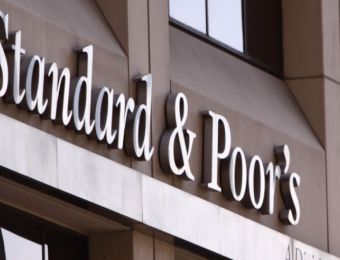

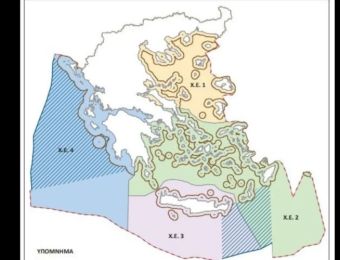

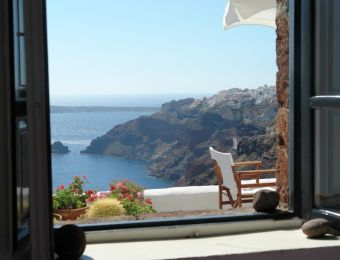
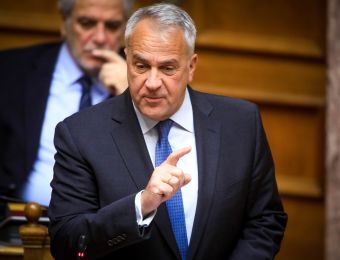






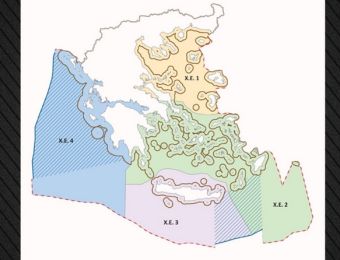



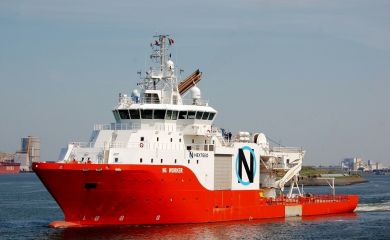



Το σχόλιο σας